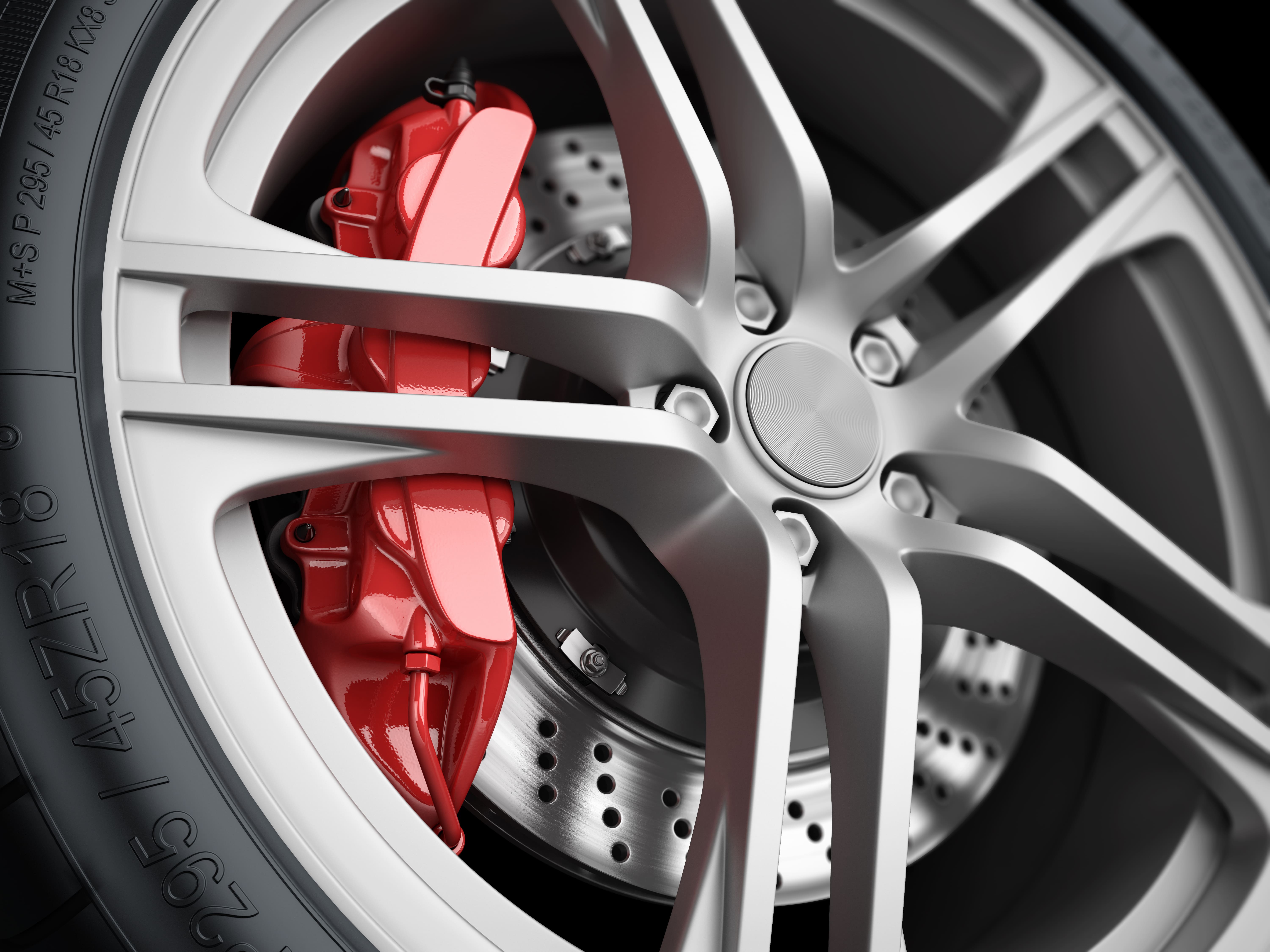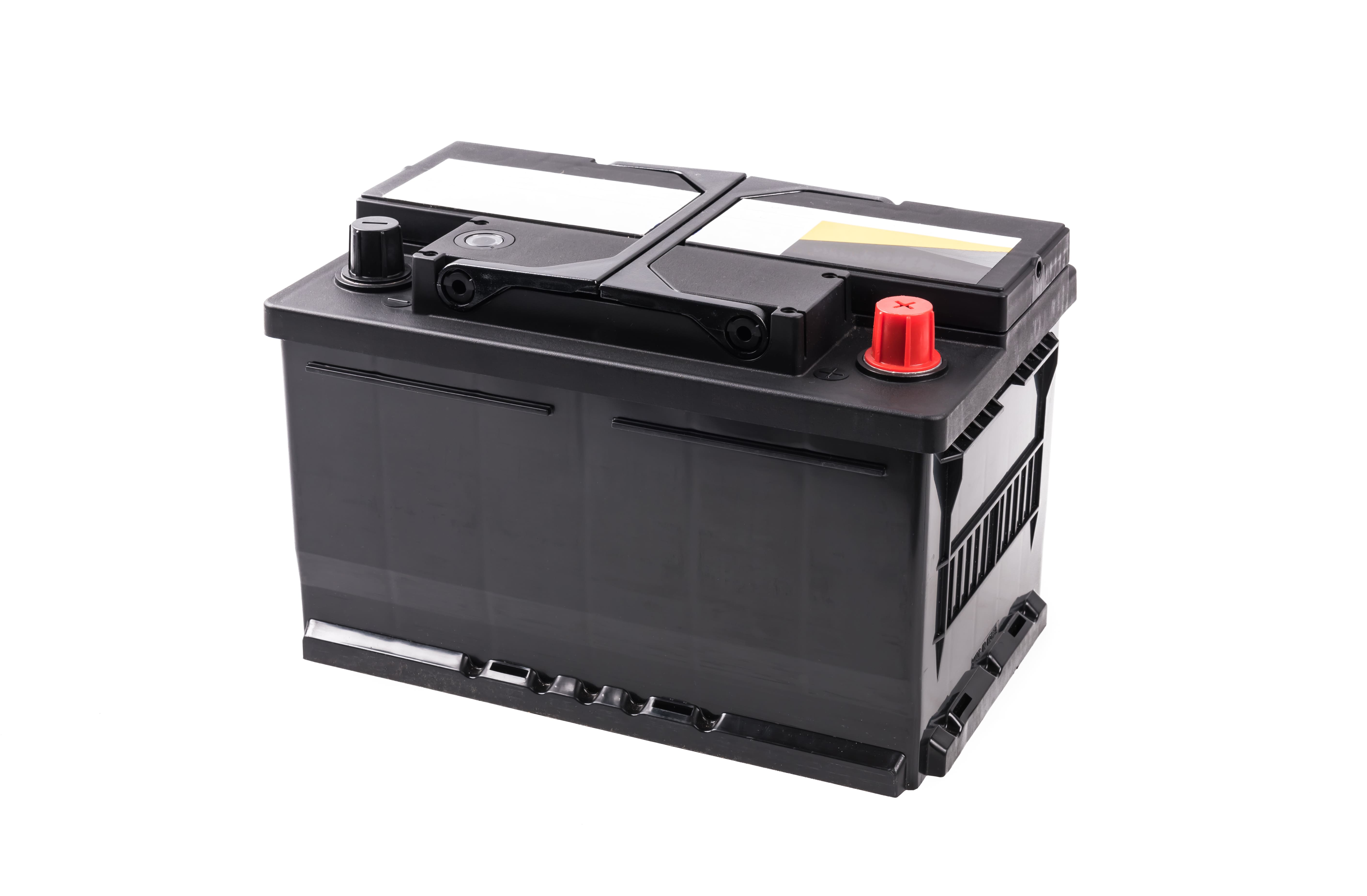Looking to buy a new or used Hyundai i10? The model has become a popular choice for city drivers due to the comfort and reliability it offers. Although it did well in the What Car? Reliability Survey, you may want to know what to look out for when making such a big decision. Keep reading for more information on common faults and how to solve them.

Common Hyundai i10 problems
- Automatic & manual gearbox problems
For example, some drivers have reported difficulties engaging the first gear after a cold start. In some rare cases, people haven’t been able to switch to reverse gear at all. Other common gearbox faults include slipping when changing gears and gear shift lock. Shift lock is normally the result of a bad transmission shift solenoid.
- Clutch problems
The clutch system is a common culprit for complaints about the Hyundai i10, particularly the Grand i10. Some people have found that the clutch wears out unusually fast. The root of the problem is normally the clutch pads, however, the ropes in the clutch cables can also be the cause of rapid deterioration. There are also reports of the mechanism slipping and juddering.
- Problems with the rear brake
One of the other main issues reported by Hyundai i10 owners is that the rear brake pads have a tendency to stick to the discs. While the model does well in terms of brake disc wear, the brake pad wear rate isn’t great. It’s important to get the brakes checked fairly regularly and replace the parts when necessary to prevent potential road accidents.
Check out the deals on brake pads for the Hyundai i10 here.
- Exhaust issues
The model’s exhaust system has been known to attract rust over time, which can lead to further problems if left untreated. Using an anti-rust coating is a simple solution to this problem.
- AC faults
Some Hyundai i10 owners have also reported faults in the air con system, affecting the flow of cool and hot air. This is frequently caused by clogged pipes and faulty AC sponge filters. The AC unit may just need to be regassed if it isn’t cooling properly.

- Battery problems
This kind of issue does crop up every so often as car owners notice that their Hyundai i1o battery is draining rapidly. If this occurs when you’re driving, it could be an alternator problem, but if it is happening while the car is parked, it’s likely to be a bad battery.
- A noisy suspension
If the car is on the older side, you may notice that the suspension is a little stiff and noisy when going over bumps. Make sure that the suspension set up is correct.
- Starter motor problems
There have been cases where people were unable to start the car due to an electrical fault with the immobiliser preventing it from communicating with the key. If this happens to you, the electronic receiver may need to be reprogrammed.
- A defective steering motor
Some car owners have found that the steering wheel on Hyundai i10 can suddenly become very light or heavy at random, brief intervals. The root cause is a defective EPS motor, which usually requires a replacement.
If you want to keep your Hyundai in the best condition possible, it is important to stick to a proper maintenance schedule. Simple things like changing your car engine oil and coolant on time can go a long way.
TOP products on the subject:

















































